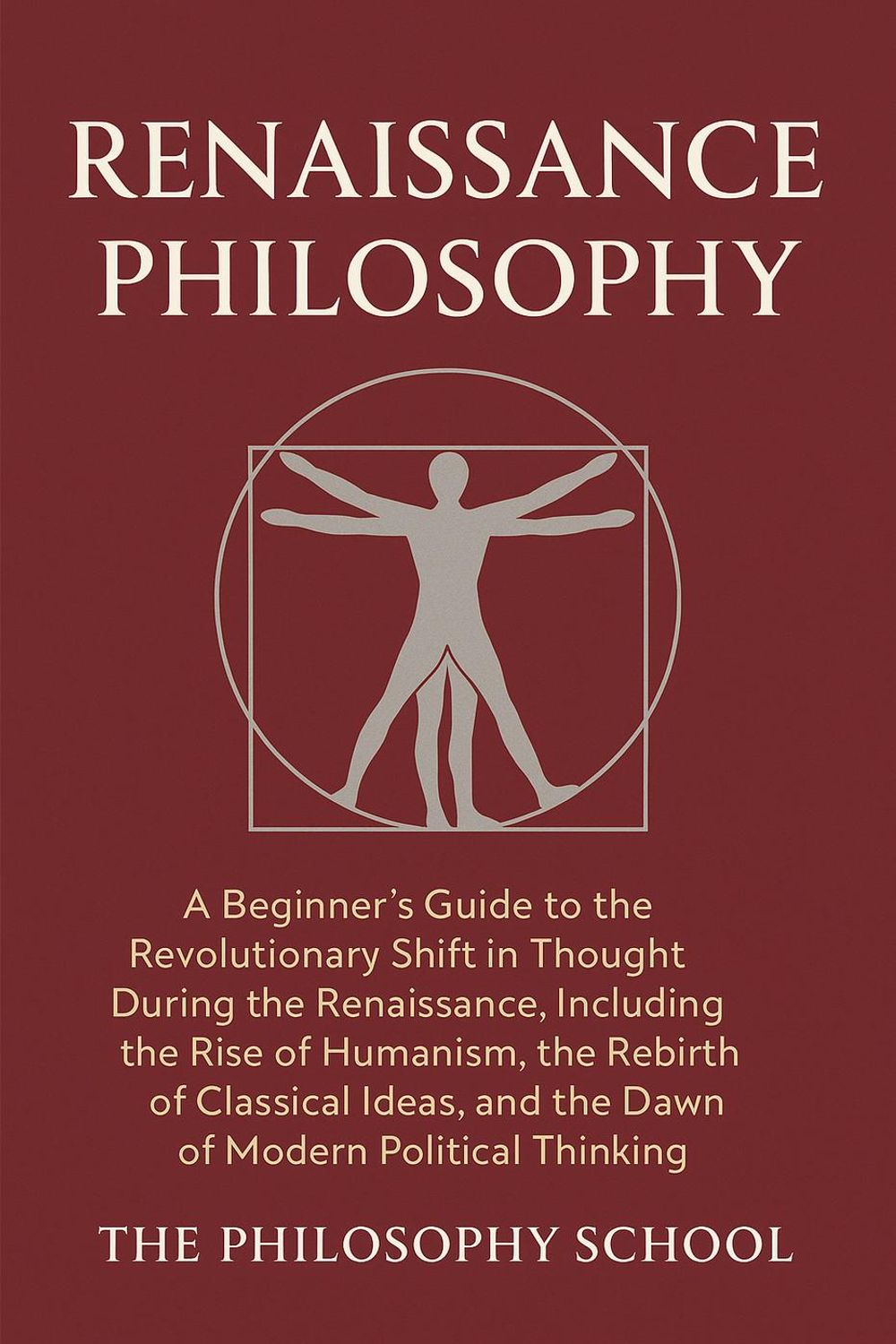Renaissance Philosophy: A Beginner's Guide to the Revolutionary Shift in Thought, Including the Rise of Humanism, the Rebirth of Classical Ideas, and the Dawn of Modern Political Thinking
Journey into the intellectual crucible of the Renaissance, an era of fervent reawakening that fundamentally reshaped the course of Western thought. Far from a mere "Dark Age" interlude, the period from the 14th to the 17th centuries was a dynamic age when thinkers dared to challenge established worldviews and rediscover the boundless potential of humanity. RENAISSANCE PHILOSOPHY: A Beginner's Guide offers an illuminating exploration of this transformative intellectual landscape. This book will guide you through the pivotal shifts that moved European thought from a predominantly God-centered universe to an anthropocentric vision, placing human beings, their dignity, and their capacity for knowledge at the forefront. Inside, you will: Uncover the "Father of Humanism," Francesco Petrarch, whose tireless quest for lost classical manuscripts and pioneering introspection ignited a new historical consciousness. Delve into Giovanni Pico della Mirandola's "Oration on the Dignity of Man," a powerful manifesto for human freedom and self-creation that championed humanity's unique place in the cosmos. Explore Marsilio Ficino's Florentine Platonic Academy, the monumental effort to translate Plato and Neoplatonic texts, and his influential reinterpretation of Platonic Love. Discover how ancient Hellenistic philosophies—Stoicism, Epicureanism, and Skepticism—were re-evaluated and adapted by Renaissance thinkers like Justus Lipsius to address the pressing issues of political instability and religious schism. Journey beyond the crystalline spheres with Nicholas of Cusa and Giordano Bruno, whose radical cosmological speculations about an infinite universe with countless inhabited worlds challenged the medieval cosmos and paved the way for the Scientific Revolution. Witness the radical break in political philosophy with Niccolò Machiavelli's pragmatic realism in The Prince, contrasted with Sir Thomas More's idealistic vision of social justice in Utopia. Understand the profound philosophical upheaval of the Protestant Reformation, ignited by Martin Luther's debate with Erasmus on free will and his doctrines of sola fide and sola scriptura, which irrevocably fractured the unified medieval worldview. This beginner's guide makes complex ideas accessible, providing clarity on the interconnected developments that laid the groundwork for modernity. Perfect for students and anyone curious about the intellectual history that shaped our understanding of ourselves, society, and the universe.
-
Autore:
-
Anno edizione:2025
-
Editore:
-
Formato:
-
Lingua:Inglese
Formato:
Gli eBook venduti da Feltrinelli.it sono in formato ePub e possono essere protetti da Adobe DRM. In caso di download di un file protetto da DRM si otterrà un file in formato .acs, (Adobe Content Server Message), che dovrà essere aperto tramite Adobe Digital Editions e autorizzato tramite un account Adobe, prima di poter essere letto su pc o trasferito su dispositivi compatibili.
Cloud:
Gli eBook venduti da Feltrinelli.it sono sincronizzati automaticamente su tutti i client di lettura Kobo successivamente all’acquisto. Grazie al Cloud Kobo i progressi di lettura, le note, le evidenziazioni vengono salvati e sincronizzati automaticamente su tutti i dispositivi e le APP di lettura Kobo utilizzati per la lettura.
Clicca qui per sapere come scaricare gli ebook utilizzando un pc con sistema operativo Windows



